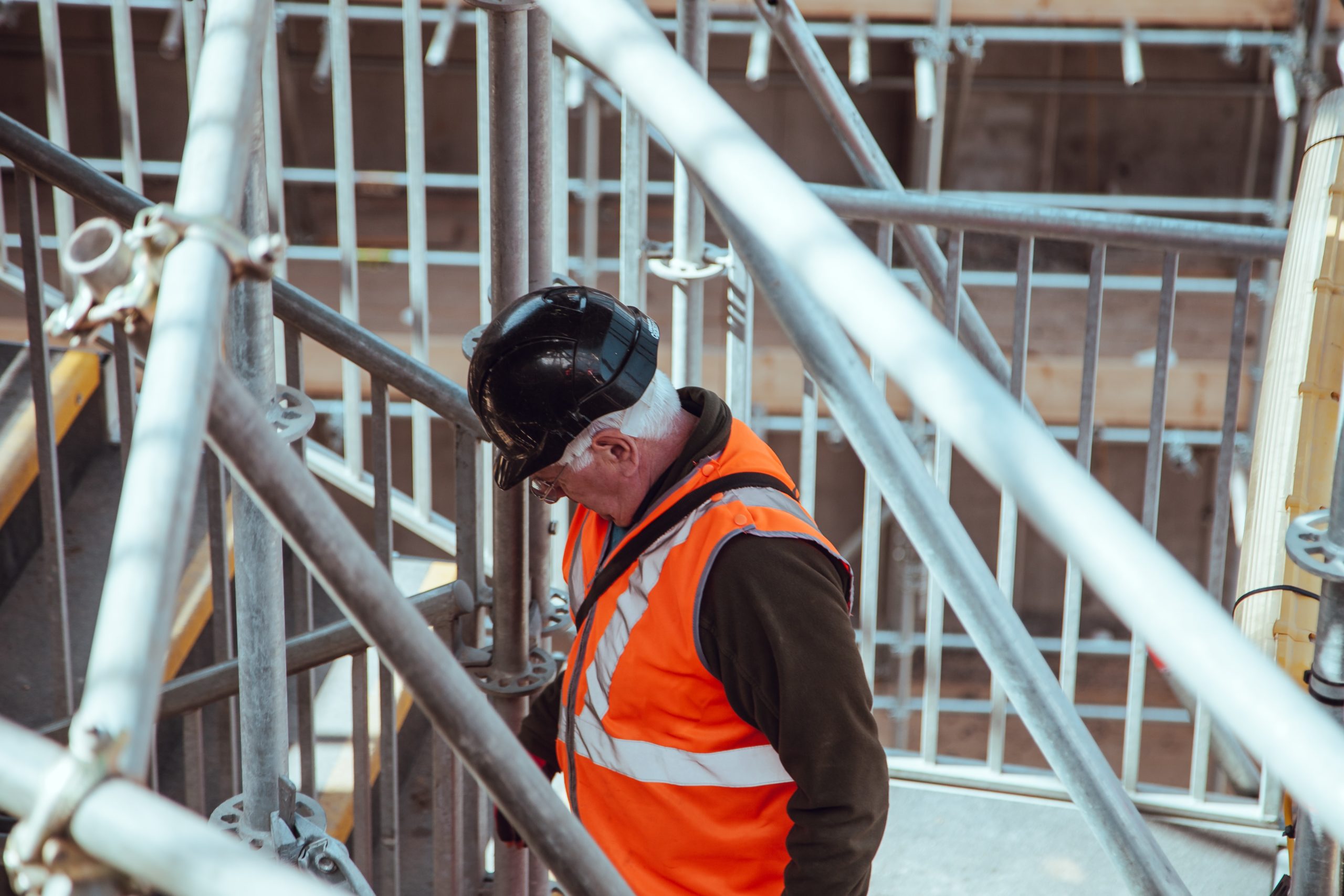
Do No Credit Check Contractor License Bonds Exist?
Many contractors in California receiving their bond renewal for the first time in years may be shocked to see how much it has increased. The cause? Often times, though not always, it’s poor credit. In maintaining sound underwriting guidelines, many sureties are drawing a hard line on license bond pricing for contractors with poor credit, with some seeing license bond rate increases of 1300% or more on renewal. If poor credit is the primary culprit for license bond rate increases, are any sureties offering license bonds that do not take credit into account?
As is often the case, the answer is not so straight forward. Nearly all surety’s utilize credit to some degree in underwriting license bonds for contractors, though this can change at any time as surety’s try to compete in attracting new business. One such exception is American Contractors Indemnity, which offers a 1 year license bond for new license bond applicants that have never held, or been affiliated with another license and are not a pool or roofing contractor. While this program will require contractors provide credit information as part of the initial underwriting process, it is not used as a rating factor until renewal. In addition, other qualifications may also apply.
Another surety, State National Insurance, states on their website they currently offer a “no credit check” bond, though this does not mean they do not have certain underwriting requirements they account for when underwriting new accounts. Contractors are well advised to shop carefully for their bonds as each surety will often times change their bonding programs in light of current market conditions resulting in more or less competitive rates.
What Can Be Done To Lower License Bond Renewal Rates?
First and most importantly, contractors should act quickly to identify causes of poor credit when they get their license bond renewal, which often comes 90-120 days in advance of the renewal date. Contractors can begin by requesting a copy of their credit report to verify it for accuracy. If inaccuracies are found, some contractors have reported success by rectifying these items with the credit reporting agency. It’s important to note that whenever attempting to improve one’s credit profile, seeking the advice of an experienced credit consultant is always sound advice.
While the process of identifying ways to increase one’s credit score can be labor intensive, the rewards can often be substantial. If a contractor has exhausted all means of rectifying credit issues, a cosigner may also be an option to consider. Just remember, the cosigner needs good credit and they cannot be a spouse of the contractor. In addition, other qualifications may apply depending on the surety. Most importantly, in the event of a claim a cosigner may be equally responsible along with the contractor in repaying a surety, a situation that contractors and their co-signers should carefully consider. With this in mind, a co-signer bond is not always a favorable alternative.
By Jeremy Schaedler
Editors Note: Content Last Updated 9/26/2017
Disclaimer
HAVE BONDING QUESTIONS?
Call us today at 1-800-682-1552 to speak with a licensed contractors bond specialist.
Mon-Fri 8:30am-5:00pm
Or






